The Best Remixes for Wedding DJs 2023

Wedding season has arrived! DJcity’s Remix Director Sir Marcus has put together a list of wedding-friendly tracks guaranteed to freshen up your DJ sets and...
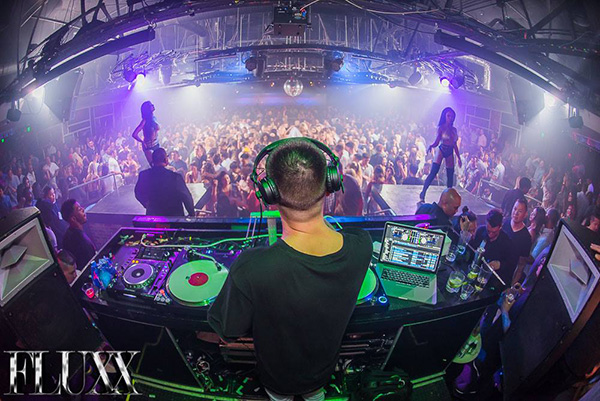
J. Espinosa performs at Fluxx Nightclub in San Diego on Sept. 24, 2016. (Photo source: Facebook)
The California State Senate recently approved a bill that would extend alcohol service in restaurants and bars to 4 a.m. (the cutoff is currently 2 a.m.). However, the law has two more hurdles to overcome; it needs to be passed by the State Assembly and signed by Governor Jerry Brown. Assuming that happens, local governments would still have the final say on whether to extend the service hours in their communities.
Changing the rule in California wouldn’t just impact California DJs, though. Cities like Los Angeles, San Francisco, and San Diego are major nightlife markets, so DJs who live outside of California but perform in the state would also be affected.
Below are some of the scenarios that could play out if the law gets passed.
Venues might have DJs play longer sets
Venues might have opening and headlining DJs play longer sets than before. Depending on the situation, that might be a good or bad thing for DJs from a business standpoint. Venues might pay DJs for the additional hours at the same hourly rate, a lower hourly rate, or not at all. As always, the more clout a DJ has, the better chances he or she will have of negotiating a favorable rate.
Regarding their sets, opening and headlining DJs might want to restructure them to take advantage of the increased length. With the additional time, DJs might also broaden the range of genres and eras that they play. Furthermore, headliners might have to move their peak time tracks to earlier or later parts of their sets depending on when they start.
“I think it’s gonna push DJs to go in their crates a lot more,” says J. Espinosa, the official DJ for the Oakland Raiders and a mixer on San Francisco’s 99.7 NOW! “I haven’t been to too many clubs on the East Coast, but my understanding is that they run a ton more classic joints in their sets. The issue in California is, we don’t usually do that. For the most part, I think the club goers are used to coming out at midnight and just hearing an hour and a half of their favorite new slappers. Certain clubs actually tell me not to play any music older than five years. If we’re gonna stay open late, rules like that aren’t gonna work.”
Venues might add more DJs to the lineup
Venues might hire additional DJs for the night instead of having them play longer sets. They might add another opener, a closer to perform after the headliner or do both. Having more than two DJs is standard practice for venues in 24-hour-cities like Las Vegas. It also happens in cities like Los Angeles, where the alcohol cut off is 2 a.m., but venues can stay up until 4 a.m. if they have a permit.
Again, extra slots in the lineup might be a good or bad thing for DJs depending on their situation. DJs who are looking for more gigs will have more opportunities to play, especially those who trade their gigs with other DJs. More slots might also inspire DJs to take on more than one gig in a night. For example, a DJ might play an opening set from 10 p.m. to 12 a.m. at one club and a closing set from 2 a.m. to 4 a.m. at another.
“I think the 4 a.m. law is way overdue,” says DJ Rush, the head talent buyer at Los Angeles’ Bootsy Bellows and clubs across the US. “It would be great for the economy and make Los Angeles, the entertainment capital, much cooler. Look at New York City and Miami for example; they’re another beast. If the California law goes into effect, I feel like people won’t show up until around 1 a.m.”
Venues might continue to close at 2 a.m.
The bill wouldn’t require venues to stay open until 4 a.m; it would only give them the option. Given the additional cost and effort of operating for two more hours, some spots might continue to close at 2 a.m. That might make sense for certain types of venues, especially small bars and clubs. However, those that continue to close at 2 a.m. might face a disadvantage from those that close at 4 a.m. Some venues might eventually extend their hours to level the playing field.
Health implications
Regardless of the scenario, DJs who play longer or later sets will want to rethink their dietary, exercising, and sleeping habits. They might also want to consider making small changes, like wearing shoes or soles that provide better foot and back support.
“It will come down to self-discipline,” says DJ Dainjazone, Redfoo‘s tour DJ and a co-host of DJcity’s MikiDz Show. “Set a decent time to wake up and workout, focus on protein, stop eating burritos at 5 a.m., and drink a gallon of water a day. I did seven weeks straight with no days off in Europe with LMFAO and the one thing that got me through all the traveling and sleepless nights was water.”
This article was written by Anthony Polis and Hugo Pacheco.
Related: California Senate Approves Bill to Extend Alcohol Service to 4 a.m.

Wedding season has arrived! DJcity’s Remix Director Sir Marcus has put together a list of wedding-friendly tracks guaranteed to freshen up your DJ sets and...

We just launched our biggest sale of the year! Get 90% off a DJcity membership and join for just $1 (regular price $10) for the first month when you check...

Here at DJcity, customer satisfaction is crucial, and therefore we always take input and feedback from our customers and DJ community very seriously. Due t...

New tracks that DJs should know about.
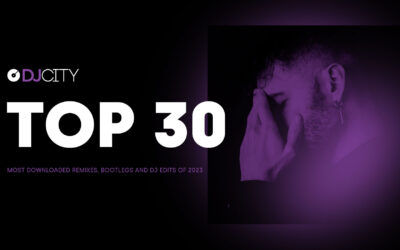
ATCG. Last Thursday, DJcity revealed its most downloaded tracks of 2023. Today, we dive deeper to uncover the most popular remixes, bootlegs, and edits of...

At DJcity, we are always working to make sure that the way our record pool functions reflects the needs of our users. Therefore in our latest update, we sw...
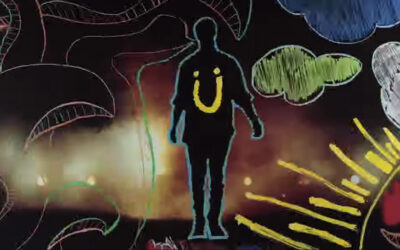
Some fans were skeptical when they discovered that Skrillex and Diplo's debut Jack U album includes a song with Justin Bieber. "Where Are U Now" has...
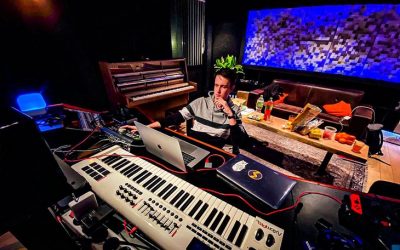
Mr. M!X. (Source:Instagram) Dutch DJ/producer MR. M!X has delivered a remix of 50 Cent's birthday anthem "In Da Club." The moombahton-inspired flip is avai...
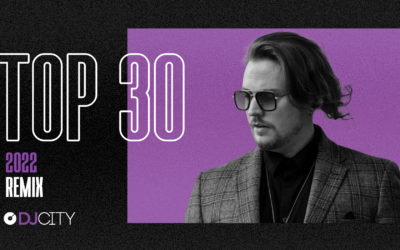
GRAYMATTER. Yesterday, DJcity revealed its most downloaded tracks of 2022. Today, we dive deeper to uncover the most popular remixes, bootlegs, and edits o...
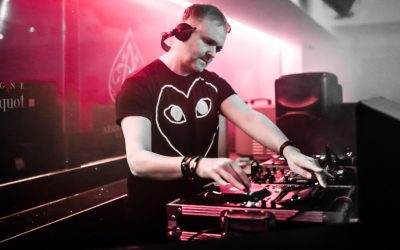
Safety First!. (Source: Safety First!) Veteran Manchester-based DJ/producer Safety First! has released a DJcity exclusive remix of Salt-N-Pepa‘s hip-hop cl...